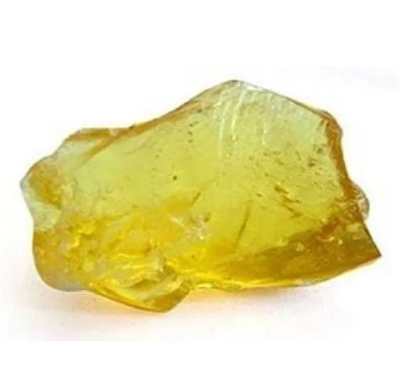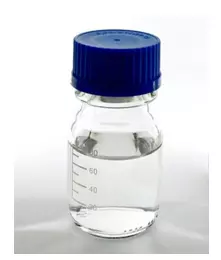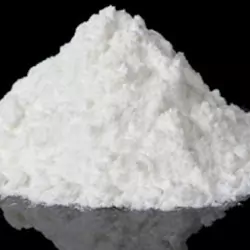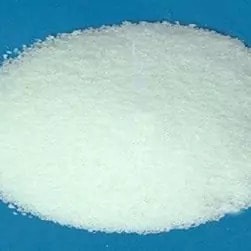Sulphur
|
IUPAC Name |
: Axit Sulfuric |
|
Cas Number |
: 7704-34-9 |
|
HS Code |
: 6404.11.00 |
|
Formula |
: S8 |
Basic Info
|
Appearance Name |
: Yellow Solid |
|
Common Names |
: Sulfur |
|
Packaging |
: 25 Kg PP/PE Bags |






